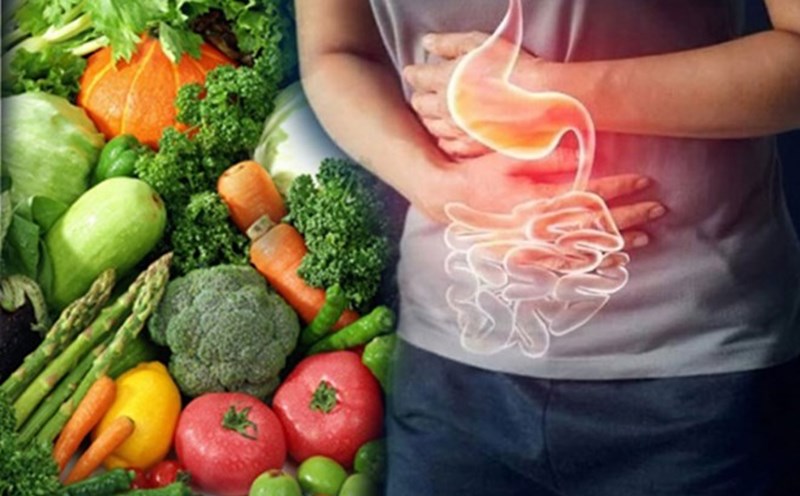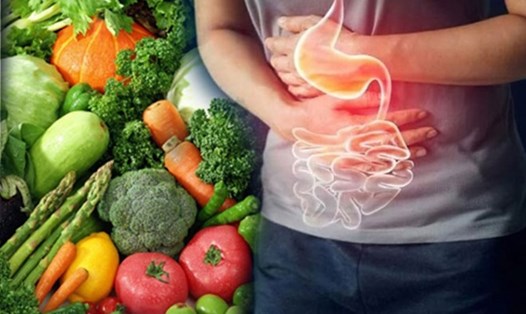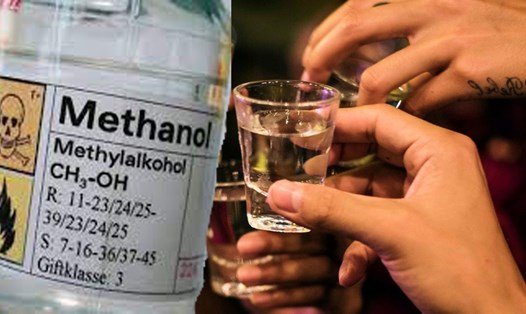What causes stomach ulcers?
According to Dr. Manish Kak, Consultant Gastroenterologist, Manipal Hospital, Ghaziabad (India), gastric ulcer is a condition of damage to the stomach lining, which can cause pain, discomfort and affect digestion. The main causes of gastric ulcer include:
Helicobacter pylori (H. pylori) infection: This is the most common cause of stomach ulcers. This bacteria can survive in the acidic environment of the stomach, causing inflammation of the stomach lining and weakening the protective ability of the mucosal layer, thereby causing ulcers.
Use of nonsteroidal anti-inflammatory drugs (NSAIDs): Drugs such as aspirin, ibuprofen, and naproxen can damage the stomach lining. They reduce the production of prostaglandins, a substance that helps protect the stomach lining from the effects of acid.
Increasing stomach acid production: Some people have more gastric acid production than usual, which can lead to ulcers.
Alcohol and tobacco: Drinking alcohol and smoking can stimulate the stomach to secrete more acid and damage the stomach lining, creating conditions for ulcers to form.
Stress: Although stress does not directly cause stomach ulcers, it can increase stomach acid and reduce the lining's ability to repair itself, making ulcers more likely to develop or become worse.
Unhealthy diet: Unhealthy diet, including spicy, hot foods or irregular meals can increase the risk of stomach ulcers, although this is not a direct cause but can be a favorable factor.
Genetic factors: If someone in the family has a stomach ulcer, the possibility of getting the disease may be higher.
Other medical conditions: Certain medical conditions such as Crohn's disease and Zollinger-Ellison syndrome (increased stomach acid production due to a tumor in the pancreas) can also increase the risk of stomach ulcers.
Drinking alcohol can aggravate stomach ulcers.
Excessive and long-term alcohol consumption can aggravate the symptoms of peptic ulcers, says Dr. Kak. Alcohol can irritate the stomach lining, increase stomach acid production, and reduce the lining’s ability to protect itself. This can lead to problems such as:
Increased stomach acid production: Alcohol can stimulate the stomach to secrete more acid, which increases the risk of developing ulcers or worsening existing ulcers.
Reduced ability of stomach lining to repair: Alcohol can reduce the ability of stomach lining to repair and heal ulcers. This can make ulcers last longer and be difficult to treat.
Stomach lining irritation: Alcohol can cause inflammation, irritation, and even bleeding in the stomach lining, which can lead to more severe ulcers.
Increased risk of duodenal ulcers: Alcohol can also affect the duodenum (the first part of the small intestine), increasing the risk of duodenal ulcers, especially when combined with other factors such as stress, an unhealthy diet or the use of painkillers.











